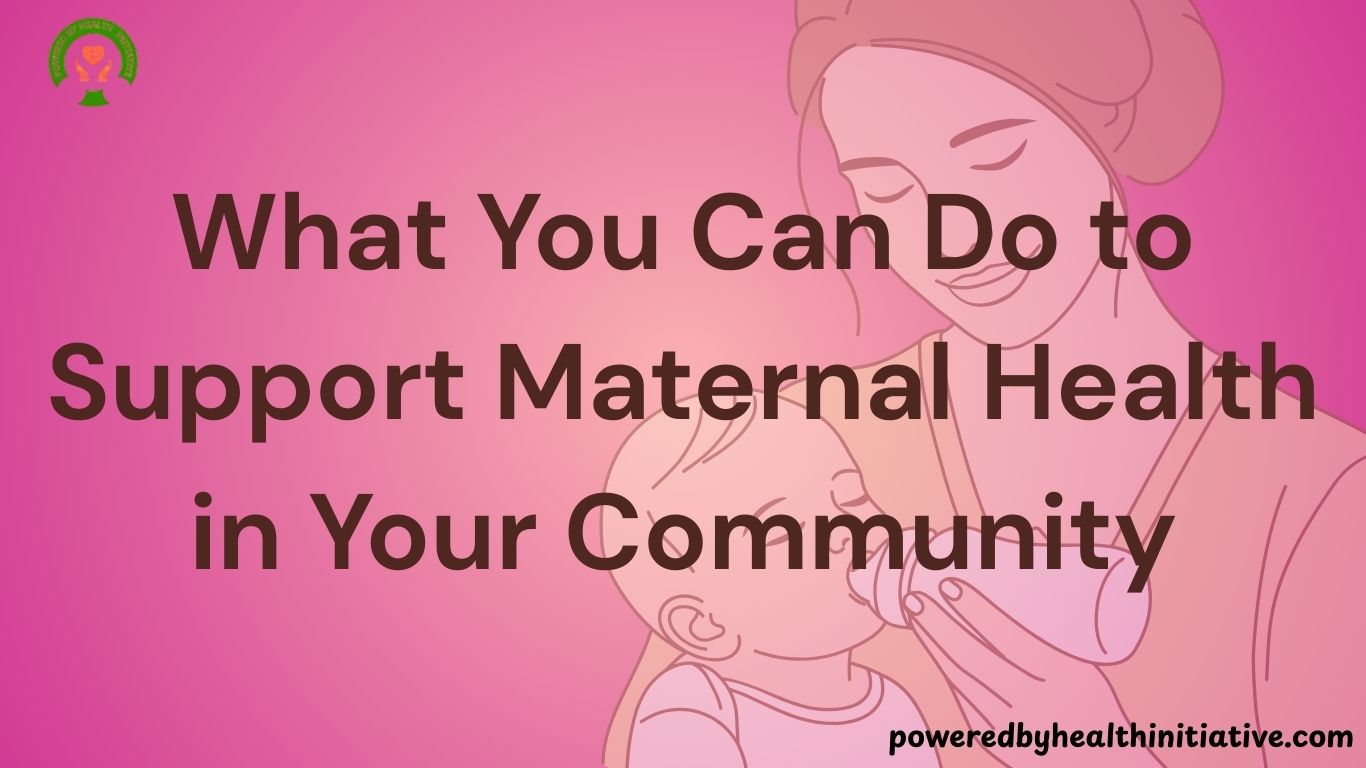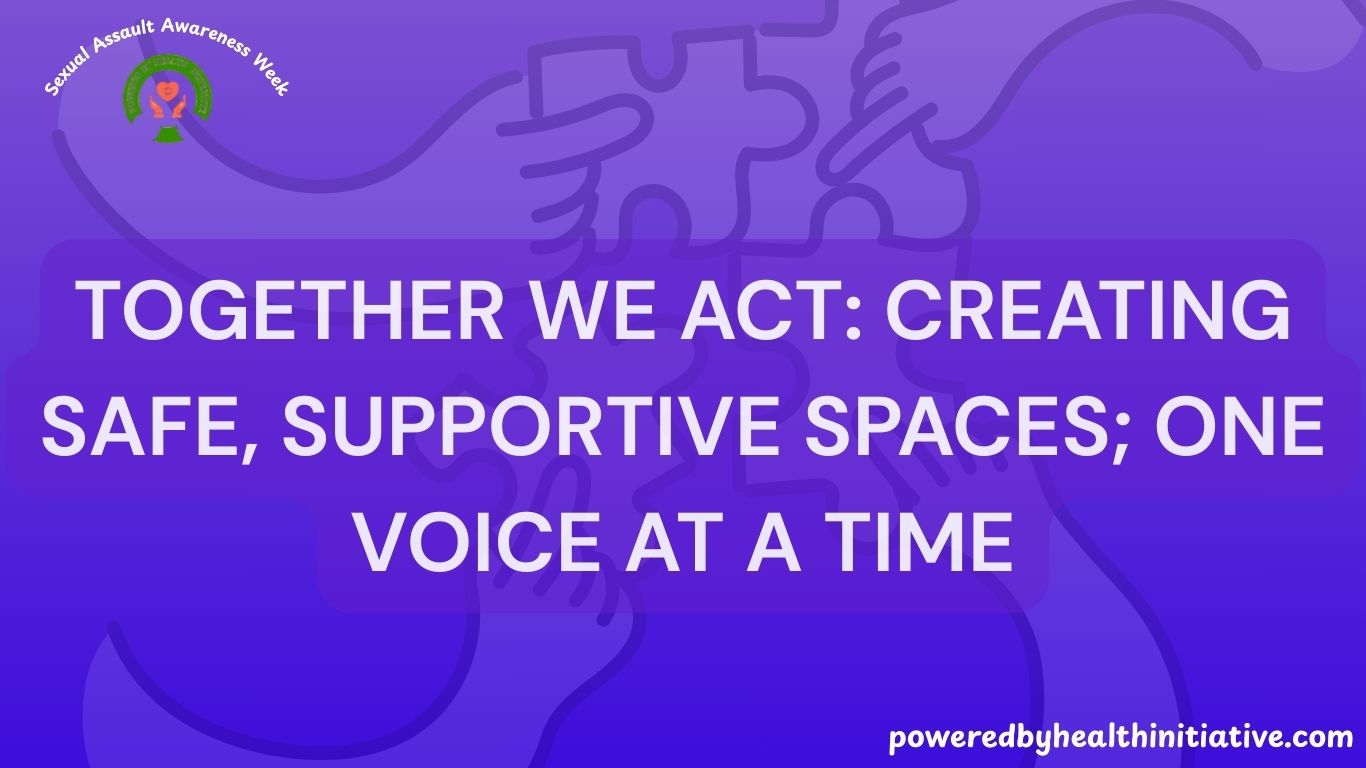Maternal health is a vital component of a healthy society.
When mothers are well, families thrive, and communities flourish.
Unfortunately, many women still face significant barriers during pregnancy, childbirth, and postpartum care.
These challenges range from limited access to quality healthcare to a lack of education and support systems.
While large-scale solutions often require governmental or institutional action, individual community members can play a crucial role in supporting maternal health.
Here are practical ways you can make a meaningful impact in your community.
1. Raise Awareness

Education is one of the most powerful tools in promoting maternal health.
You can start by organising or participating in awareness campaigns highlighting the importance of prenatal and postnatal care, nutrition, mental health, and access to skilled birth attendants.
Use social media, community bulletin boards, or local events to spread accurate information about maternal health services and resources.
2. Support Local Health Programs

Many communities have maternal health programs run by clinics, NGOs, or health departments.
Volunteering your time, skills, or resources to participate in these initiatives can significantly enhance their effectiveness.
If you have a background in healthcare, offer to assist with prenatal checkups, health education sessions, or counselling.
If not, you can help with logistics, fundraising, or community outreach.
3. Advocate for Better Healthcare Policies

Advocacy is another powerful way to support maternal health.
Stay informed about policies affecting maternal and child health in your region and join or support campaigns that push for better services, infrastructure, and funding.
Writing to local representatives, attending town hall meetings, or signing petitions can contribute to meaningful change.
4. Promote Mental Health Support

Maternal health is not only physical; it includes emotional and psychological well-being.
Postpartum depression, anxiety, and stress are common yet often overlooked.
Promote mental health awareness by sharing resources, encouraging open conversations, and supporting community mental health services.
Creating a safe space for mothers to talk about their struggles can make a big difference.
5. Encourage and Empower Mothers

Sometimes, support is as simple as being present.
Offer emotional support to pregnant women and new mothers in your neighbourhood.
Help with household chores, babysitting, or running errands.
If you’re part of a religious or community group, consider starting a peer support circle where women can share experiences, tips, and encouragement.
6. Donate or Organise Fundraisers

Many women cannot afford the healthcare they need during pregnancy and childbirth.
Donating to reputable maternal health organisations or starting a local fundraiser can provide essential resources like vitamins, sanitary supplies, transportation to clinics, or financial aid for medical care.
7. Educate Young People

Early education can shape healthier futures.
Talk to young people in your community about reproductive health, family planning, and responsible parenthood.
Empowering the next generation with knowledge helps reduce maternal health risks before they even begin.
Conclusion
Supporting maternal health doesn’t require a medical degree or a large budget, just a willingness to care and act.
By raising awareness, volunteering, advocating, and offering support to mothers around you, you contribute to a healthier, more resilient community.
Every small action counts, and together, we can ensure that every mother has the care, respect, and support she deserves.





Leave A Comment